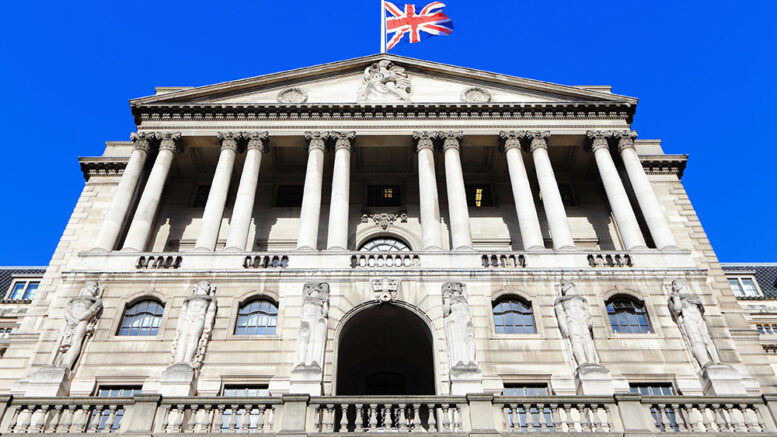The Bank of England has decided to keep interest rates steady at 5% for the second consecutive month, with eight of the nine Monetary Policy Committee (MPC) members voting in favour of holding rates. This decision follows a base rate cut last month, leaving mortgage borrowers, savers, and property investors wondering what lies ahead for the financial landscape.
Investors and markets react cautiously
While the decision to hold rates at 5% wasn’t a surprise, it has prompted some concerns about the pace of future rate cuts. Susannah Streeter, head of money and markets at Hargreaves Lansdown, explained, “There’s been no big September surprise from the Bank of England, given the decision to keep rates on hold, but the note of caution from policymakers has caused concern to creep in about the pace of rate cuts ahead.”
The rise in services inflation has been a key concern, with the possibility of it being passed on to consumers through higher prices. Despite this, optimism remains that the era of high interest rates may soon be winding down, which could bring relief to businesses and consumers alike. Streeter added, “There is still an underlying pulse of positivity lifting London-listed stocks, buoyed by the decision of the US Federal Reserve to cut rates for the first time in over four years.”
The impact on mortgages and savings
For mortgage holders, the decision to hold rates comes as no shock, but it follows a busy month in the mortgage market. Rachel Springall, finance expert at Moneyfactscompare.co.uk, commented, “The mortgage market has seen a bustle of activity over the last month…Several lenders passed on the 0.25% base rate cut to customers, leading to the Standard Variable Rate (SVR) falling below 8% for the first time since August 2023.”
Average two- and five-year fixed mortgage rates have also fallen, offering some relief to borrowers. However, for those waiting for another rate cut, Springall warned that they may need to wait until later in the year, as further reductions are expected before Christmas. She advised savers to keep a close eye on the market, as many savings providers have already lowered rates following the last base rate cut in August.
“Those who are happy to lock their cash away for a guaranteed return could look towards a fixed rate bond or fixed cash ISA,” Springall suggested. With more cuts on the horizon, savers should act fast to secure the best deals.
Property market optimism grows despite rate hold
The decision to hold interest rates has not dampened the growing optimism in the property market. Guy Gittins, Chief Executive Officer, said, “Homebuyers will have been hoping for a second consecutive rate reduction, but even with rates held, market momentum is likely to strengthen as mortgage rates continue to trend downwards.”
Similarly, Jonathan Samuels, CEO of Octane Capital, remarked, “We’re not only seeing the rates offered on many products reducing, but the range of products available is also growing, helping more buyers to enter the market.”
Nathan Emerson, CEO of Propertymark, echoed this sentiment, stating, “It remains crucial that the Bank of England continues to implement cuts in a controlled manner to maintain the economic progress we’ve seen so far.”
The stability in rates comes as good news for homebuyers and investors, with many experts predicting that the property market will continue to gain strength throughout the rest of the year. Stephanie Daley, Director of Partnerships at Alexander Hall, noted that September has been an incredibly busy month, and the decision to hold rates should help sustain this positive momentum. “Keeping rates unchanged should encourage continued activity in the property market,” she said.
Looking ahead: what’s next for rates?
As the Bank of England continues to navigate economic uncertainty, experts predict that more rate cuts could be on the horizon. Kevin Shaw, National Sales Managing Director at LRG, said, “The Government’s and the Bank’s stated aim is to bring interest rates down further this year. We hope to see the second drop at the next MPC meeting on 7 November, and perhaps one further reduction before Christmas.”
While the outlook is generally positive, Shaw also pointed out that upcoming fiscal events, such as the Budget on 30 October, could introduce some uncertainty. “A further reduction would bring substantial benefits to the market, which, as the Government identifies, is crucial to the economic prosperity of the country,” he concluded.






